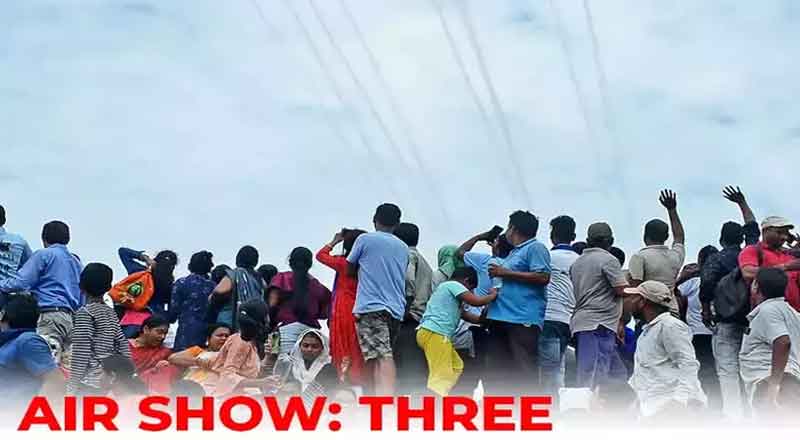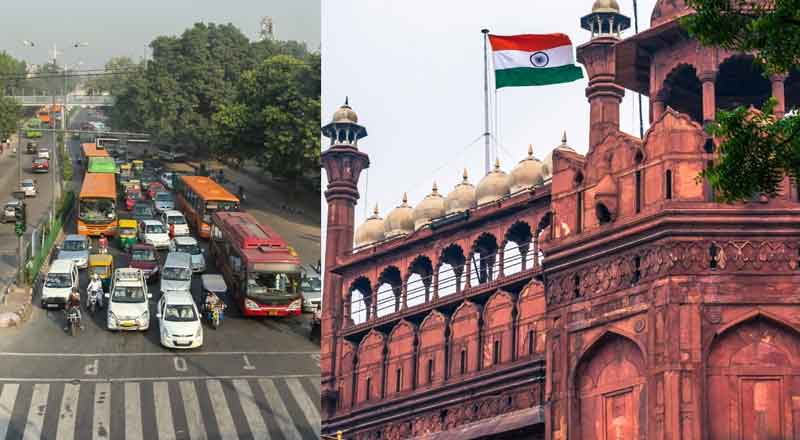Though the Internet has proved to be a great blessing in terms of information and learning for the young generation, but at the same time our children have also become vulnerable to threats like hacking, cyber stalking, fraud, bullying and abuse. While in real life it is easy to identify such harms and mitigate the risks but when it happens in the virtual world, very few understand how to handle or resolve these issues. At times children find themselves alone and are afraid to communicate to their parents, teachers or to the proper authorities.
And that’s a problem. What starts as a ‘what will happen’ attitude or ‘for fun’, doesn’t take too long to turn serious. Children go into depression to the extent of even contemplating suicide to escape the ordeal.
That’s where Telenor India’s WebWise program stepped in.
Sharad Mehrotra, Chief Executive Officer, Telenor India Communications said, “At Telenor, we believe in promoting a digitally connected society. As our children embark on this journey, it is our responsibility to ensure that Internet becomes a window to a wealth of information for them. On one hand the WebWise Reports highlight the vulnerabilities and cyber threats, and on the other hand it presents us with insights that can help us to create focused awareness campaigns around safe internet practices. Telenor has taken many towards enabling safe internet including Child Helpline 1098 by embedding the number on SIMs. Additionally, we conduct WebWise workshops to coach students on how to be safe while being online. We have reached out to over 55,000 students and will continue to educate them, along with parents and teachers, to ensure a secure digital future.”
A pledge for a better tomorrow
Mobile phones enable instant sharing of images and a range of other content. Fostering a responsible use of technology is a priority for us, which is why Telenor seeks to empower children, youths, parents and teachers, to understand and address the potentially harmful impacts of Internet usage among children through our Safe Internet program.
In 2012, a BCG report commissioned by Telenor Group made important observations on the negative impact that this “easy access” to the Internet can have on children. The report talked about Indian children who are extremely vulnerable to cyber-harm resulting from high access and low resilience to negative content.
This report was something that led the CSR team in Telenor India start thinking about ways to curb this problem.
This led to the formation of the WebWise program in 2014 with the purpose of educating school children on cyber safety norms though innovative workshops.
Cyber Safety with WebWise
In the first phase of its WebWise program, Telenor India employed Rakshit Tandon, a renowned cyber safety expert to conduct school workshops – taking school kids, and later their parents and teachers, through sessions on how to surf the internet safely, minimize potential harm on social media, be resilient to cyber bullying and even tips on how to set smart passwords.
This training was spread to our employees and WebWise Ambassadors were identified from each of the Telenor operating Circle who would conduct the school outreach programs around the year.
“The workshop was an eye-opener for us as we came across the high risks of things that we use on a daily basis like Facebook and WhatsApp. I am happy to conduct these sessions and we are proud to be a part of this project. We are now all set to spread this awareness amongst the youth further,” said Surjeet Singh, WebWise ambassador from Telenor corporate office, Gurgaon.
New WebWise Survey
After running the program in schools across India for 2 years, Telenor India recently conducted another survey on the awareness level around topics of cyber safety.
The survey reveals trends of school going children in topics such as:
Media used to accessing the Internet
What is Internet being used for
Who will they approach if they are bullied
The Telenor India WebWise report reiterates that children are extremely vulnerable to cyber harm such as hacking, receiving inappropriate messages among other things. In fact, cyber-bullying has emerged as one of the major issues online and often it goes undetected as children do not discuss the issue with parents or teachers.
Key findings of the survey:
• 98.8% school-going children access internet in urban areas and 49.5% of them do it from home
• Over 43% use mobile as the medium to access internet, followed by laptop, desktop and tablets
• Children use internet to find information for school projects, playing games, reading online books, listening to music and watching movies, social networking sites, email, etc.
• 54.8% children share their passwords with friends
• Majority of children were willing to approach their parents in case they experience any cyber harm
• Over 76% children are not aware of the Child Helpline 1098
• Facebook is the most favourite platform, followed by WhatsApp, Twitter and Instagram
• Over 35% children have experienced their account being hacked while 15.74% shared that they have received inappropriate messages.
• 15% complained of being bullied online whereas 10.41% faced humiliation through picture/video that were uploaded on Internet
The survey which was conducted across schools in 13 cities of India, covered a sample size of 2727 students who have attended these sessions. After the workshop, 92.6% of the children surveyed said they will not share personal information with strangers while online whereas 89.3% said they will block suspicious persons and inform an adult in case they are bullied online.
As of now, the WebWise program has touched more than 52,000 students in 72 schools, through 170 workshops in 13 cities such as Pune, New Delhi, Aligarh, Shahjahanpur etc.
Till December 2016, the WebWise program has been awarded 5 times by organizations like CRY (Child Rights and You), IPRCC (Indian PR & Corporate Communications) Awards and more.
Way Forward
The Webwise program has now conducted workshops for parents, teachers as well the Noida Police Department in order to spread the cyber safety awareness amongst the various key sections of the society.




